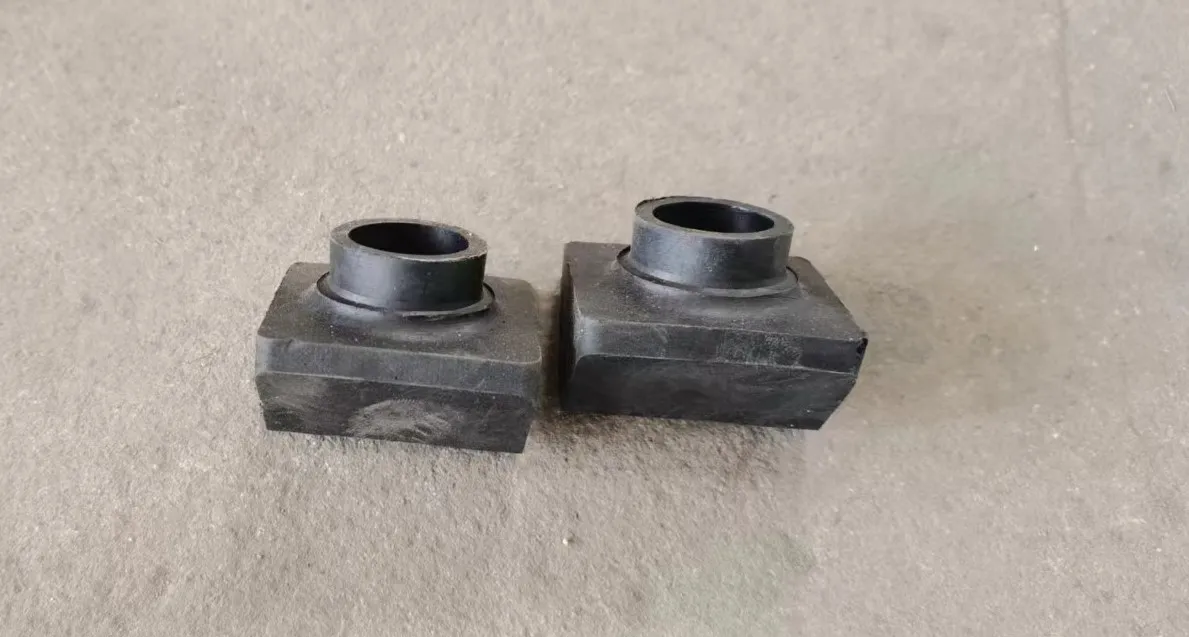loading...
- No. 9, Xingyuan South Street, Dongwaihuan Road, Zaoqiang County, Hengshui, Hebei, China
- admin@zjcomposites.com
- +86 15097380338
- Welcome to visit our website!
frp grating installation
Installation of FRP Grating A Comprehensive Guide
Fiber Reinforced Plastic (FRP) grating has become a popular choice for a variety of applications due to its strength, lightweight properties, and corrosion resistance. Proper installation is crucial to ensure that FRP grating performs effectively and lasts for many years. This article aims to provide a step-by-step guide on how to install FRP grating safely and efficiently.
Preparations Before Installation
Before diving into the installation process, it's essential to gather the necessary tools and materials. You will need a measuring tape, a saw (preferably a carbide-tipped blade), a drill with appropriate bits, screws or fasteners rated for use with FRP, and safety gear such as gloves and goggles. Ensure that you also have the correct FRP grating panels, which should be assessed for size, load-bearing capacity, and desired finish.
Step 1 Site Assessment
Begin by inspecting the installation site. The surface where the FRP grating will be mounted should be clean, level, and capable of supporting the load it will carry. Any debris, sharp objects, or irregularities should be addressed to avoid complications during installation.
Step 2 Measuring and Cutting
Next, measure the area where the grating will be installed. It's crucial to take precise measurements to avoid unnecessary waste. If the grating panels require cutting, make sure to use the proper tools for FRP to achieve a clean cut. Wearing protective eyewear during this process is highly recommended.
frp grating installation

Step 3 Installing Support Structures
Before placing the FRP grating, install any necessary support structures, such as beams or stringers. These supports should be securely anchored and spaced according to the load requirements and the manufacturer's recommendations. The spacing will vary based on the type of grating being installed, so consult the product specifications.
Step 4 Placing the FRP Grating
Once the support structure is in place, carefully position the FRP grating panels onto the supports. Ensure they fit snugly and are aligned properly. When positioning multiple panels, leave appropriate gaps to accommodate thermal expansion and contraction.
Step 5 Securing the Grating
Finally, use screws or fasteners to secure the FRP grating in place. It’s vital to follow the manufacturer’s guidelines for the type and spacing of fasteners used. Tighten them adequately without over-tightening, which could warp or damage the panels.
Conclusion
Proper installation of FRP grating not only enhances safety but also maximizes durability and performance. By following these steps and taking the necessary precautions, you can ensure a successful installation that meets your project’s needs. With its myriad of advantages, FRP grating is sure to be a valuable addition to any application.
-
Transform Your Spaces with FRP Grating SolutionsNewsNov.04,2024
-
The Versatility and Strength of FRP RodsNewsNov.04,2024
-
The Excellence of Fiberglass Water TanksNewsNov.04,2024
-
The Benefits of FRP Grating for Your ProjectsNewsNov.04,2024
-
Elevate Your Efficiency with FRP Pressure VesselsNewsNov.04,2024
-
Welcome to the World of FRP Pressure VesselsNewsOct.12,2024
-
Unveiling the Future of Filtration: Why FRP Filter Vessels are a Game ChangerNewsOct.12,2024
